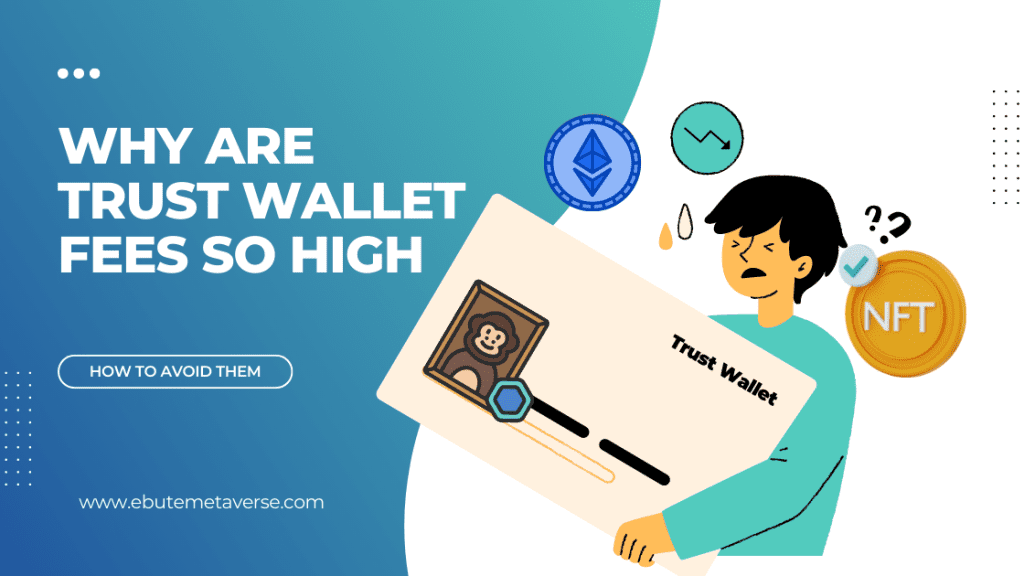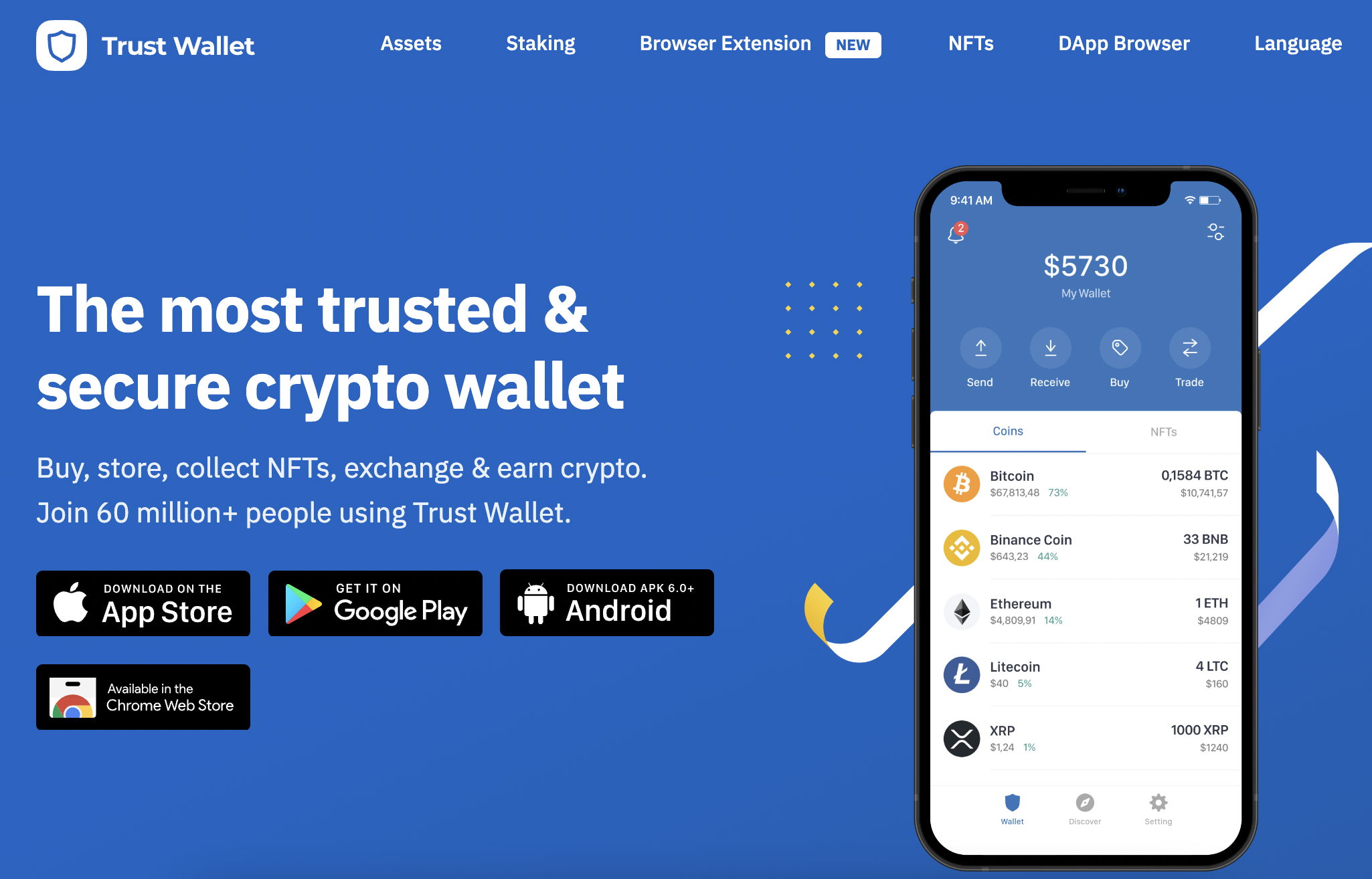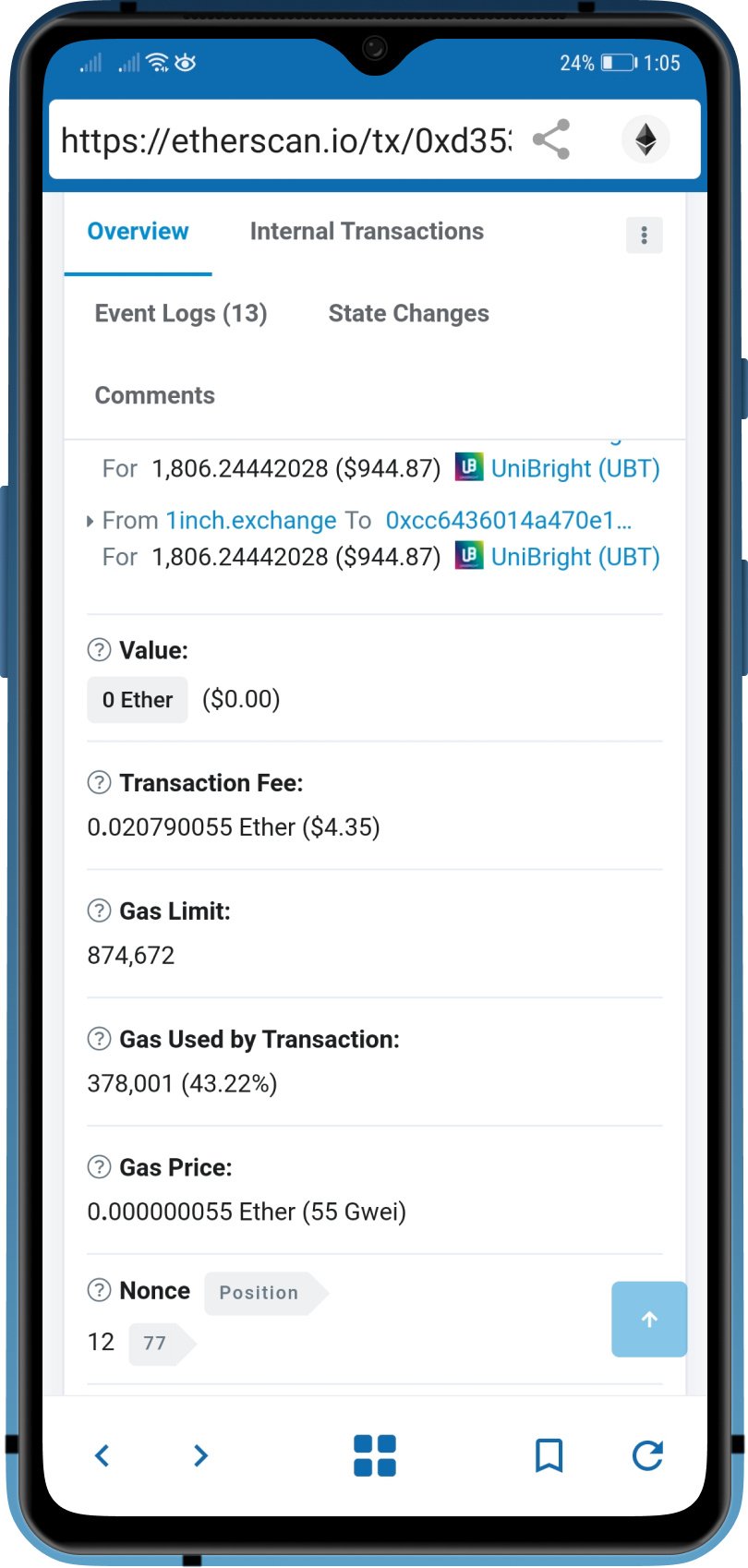Trust Wallet may not necessarily be more expensive than other wallets. If perceived as costly, it could be due to its advanced security features, continuous app updates, support for multiple cryptocurrencies, and user-friendly services, all of which require ongoing development and maintenance, affecting its cost structure. Transaction fees are determined by the blockchain network, not by Trust Wallet itself.

Understanding Trust Wallet’s Pricing Structure
Comparison with Other Wallets
Trust Wallet’s pricing may appear higher when compared to other wallets, but it’s important to consider the comprehensive features and security measures it offers. When evaluating costs, users should assess not just the price but also the functionality, security, and support provided by each wallet.
Value Proposition of Trust Wallet
The value proposition of Trust Wallet lies in its robust security features, user-friendly interface, and versatile functionality. It supports a wide range of cryptocurrencies and integrates seamlessly with decentralized applications, offering substantial value for the price.
Fee Structure Explained
Trust Wallet’s fee structure is primarily associated with blockchain transaction fees, not charges by the wallet itself. These fees vary depending on the network and transaction size. Trust Wallet aims to maintain transparency regarding fees, helping users understand where their money goes when they perform transactions.
Security Features That Influence Trust Wallet’s Cost
Advanced Encryption Techniques
Trust Wallet utilizes state-of-the-art encryption methods to safeguard user data and assets. This encryption ensures that all information stored within the wallet is protected from unauthorized access, contributing to the overall cost due to the advanced technology employed.
Regular Security Audits and Updates
To maintain the highest security standards, Trust Wallet undergoes regular security audits conducted by independent third parties. These audits help identify and rectify potential vulnerabilities, ensuring the wallet’s infrastructure remains secure. Additionally, frequent updates are rolled out to enhance security features and address emerging threats, reflecting in the wallet’s cost structure.

Secure Storage of Private Keys
Trust Wallet ensures the secure storage of private keys, which are encrypted and kept locally on the user’s device. This approach minimizes the risk of key theft, even if a user’s device is compromised. The development and maintenance of such a secure key storage system are complex and resource-intensive, influencing the wallet’s pricing.
The Role of User Support in Trust Wallet’s Pricing
24/7 Customer Support Availability
Trust Wallet provides around-the-clock customer support to assist users with any issues or inquiries they may have. This service is crucial for addressing urgent user concerns and ensuring a smooth experience. The availability of constant support requires a dedicated team, contributing to the overall cost of the wallet.
Comprehensive User Guides and Resources
To empower users and enhance their experience, Trust Wallet offers an extensive collection of user guides and educational resources. These materials help users navigate the wallet’s features, understand the world of cryptocurrencies, and troubleshoot common issues independently. Developing and updating these resources involves significant effort and expertise, reflecting in the wallet’s pricing.
Community Support and Feedback Mechanisms
Trust Wallet has established a robust community support system, including forums and social media channels, where users can interact, share experiences, and provide feedback. This community-driven support not only aids users but also helps the Trust Wallet team gather insights to improve the service. The management and engagement with the community are essential components of user support, influencing the wallet’s cost structure.
Development and Maintenance Costs
Continuous App Development and Feature Updates
Trust Wallet continuously evolves, adding new features and enhancing existing ones to meet user demands and adapt to the rapidly changing cryptocurrency landscape. This ongoing development process involves a dedicated team of developers, designers, and testers, all contributing to the wallet’s overall costs.
Integration with Multiple Blockchains
Trust Wallet supports a wide array of blockchains, allowing users to store various cryptocurrencies in one place. Integrating and maintaining compatibility with multiple blockchains is a complex and resource-intensive task. It requires constant updates and monitoring to ensure seamless operation, contributing to the wallet’s maintenance costs.

Maintenance and Server Costs
Trust Wallet incurs server costs for hosting services and data, necessary for certain wallet functionalities. Additionally, regular maintenance is required to ensure the wallet’s infrastructure remains reliable and secure. These costs include monitoring services, updating server components, and implementing security measures to protect user data and assets.